Humans have been using the plants from our local landscapes as remedies for millennia. Many people have found western medicine ineffective for their ailments and turned to naturopathy and homeopathy. While not the cure for everything, these approaches have their merits. However, buying tinctures and oils can be very expensive in stores. A much cheaper alternative is trying to grow the ingredients and make the medicines yourself. Maybe you’re just looking for a fun, low-key hobby. Perhaps you want to become a witch, pagan, or wiccan! Whatever the case, is it safe to grow your own medicinal herbs?
How Much Do You Know About Gardening?
In order to safely grow your own medicinal herbs, you must know how to grow plants to begin with. If you just buy some seeds and stick them in the ground, they probably aren’t going to make much medicine for you. Every plant has it’s own, specific needs. If you want to make a successful herb garden that produces powerful, safe herbs, you need to invest some time in learning about gardening itself. That being said, some medicinal plants, like lavender, rosemary, and mint, require very little care once they are established. They can produce herbs for years without much attention at all!

Echinacea. This is a native Midwest plant that has plenty of medicinal properties.
Are Homegrown Herbs Cleaner Than Ones Bought at the Store?
Anything that ends up in a big store has likely been treated with chemicals or fertilizers you wouldn’t use in your own garden. Farmers deal with all sorts of problems, from pests to diseases to soil nutrient deficiencies. They need to produce enough product for billions of people, so they use methods that are harsher than home gardeners use. Farms must make a profit, so they need to get the maximum yield out of every plant possible. This often comes at the expense of the end product’s quality.
This principle holds especially true for anything not labeled ‘organic.’ However, even something labeled ‘organic’ only needs to have 95% organic ingredients. The other 5% can be grown with the whole suite of industrial-agricultural chemicals. Some products display a label with ‘100% organic,’ in which case you can rest assured that all ingredients are organic. But don’t be fooled, even organic farms typically use intensive methods to get rid of pests and diseases. There are plenty of organic fertilizers and pest treatments that are pretty intense, and there are also hundreds of synthetic chemicals farmers can use while still keeping the designation ‘organic.’ There are certainly trustable medicinal herbs in some stores, but it’s wise to do some research before investing in them.
Are you going to use chemicals on your garden’s medicinal herbs? The answer is likely ‘no.’ You aren’t growing for a profit, and you only need to tend to a handful of plants. Home gardeners can even pick individual caterpillars off of plants if they want to! Obviously, commercial farmers don’t have the time to care for each individual plant this way, so they need the aid of pesticides and chemicals.
To Fertilize or Not?
A home gardener can choose to use fertilizer in the soil if they want to. Fertilizers aren’t necessarily bad. They add nutrients that plants need to thrive. In fact, some plants can only make medicinal compounds when they have all the right levels of nitrogen, potassium, and phosphorus in the soil. It’s unlikely that your native soil has these perfect nutrient levels, so adding fertilizers helps the soil become more productive. Nurseries stock all sorts of fertilizers for various kinds of plants, including conventional and organic types. For any garden that you plan to eat or use, I would strongly suggest natural, organic fertilizers that have ingredients you can pronounce. The plants will taste better and be cleaner in the end.
So, are your herbs cleaner than the ones you can buy in the store? The answer is probably ‘yes!’
How Much Do You Know About Preparing and Storing Medicinal Herbs?
In some cases, using homegrown herbs doesn’t take too much planning or thought. For example, mint leaves can be picked right off the plant and immediately boiled into a soothing tea. But keep in mind, some herbs are powerful medicines that need to be stored and prepared intentionally. Storing herbs the correct way will improve their shelf-life and potency. Some plants shouldn’t be used at all for home medicine, such as foxglove. Foxglove contains a potent chemical that can cause heart failure. Know your plants before experimenting! Just because it’s ‘natural’ and from the Earth doesn’t mean it’s not dangerous.
It’s best to store many medicinal herbs (such as those for teas) in their dried form. Drying can be difficult in damp places, so check out this helpful guide to learn how to effectively dry your herbs. Mold can develop on improperly dried herbs, which can make them less safe for consumption.
While drying is best for some medicinal herbs, preparing tinctures, salves, extractions, or essential oils is better for others. Be sure to read about any medicinal herb you grow beforehand. Generations of people have figured out helpful tricks for getting the most medicine out of the least amount of plant. Why not use this knowledge?
What Medicinal Herbs Should I Grow?
There are plenty of powerful herbs you can grow at home without too much effort. These plants aren’t just useful for medicine, either. Lavender, calendula, and echinacea provide beautiful flowers, as well as important medicines. Tulsi (or holy basil) emits a delightful aroma throughout an entire garden. A lot of medicinal herbs even double as pollinator-friendly plants.
Many botanic gardens have specialized sections for medicinal herbs. It’s useful to check out these hands-on resources to see which herbs grow successfully in your area. If you don’t think there is a botanic garden nearby, just check on the internet. There are a surprising amount of plant geeks out there who have peppered all of America with lovely botanic gardens. Plants in botanic gardens are almost always labeled, which helps with herb identification as well.
If you want to start an herb garden (or do anything in life, really), it’s super helpful to have a plan beforehand. If done intentionally, growing your own herbs is a safer and cheaper alternative to buying them in the store.
Here’s a guide to starting your very own herb garden, so that you can hit the ground running!

Foxglove. While beautiful, don’t try to incorporate this powerful plant into your medicine cabinet.
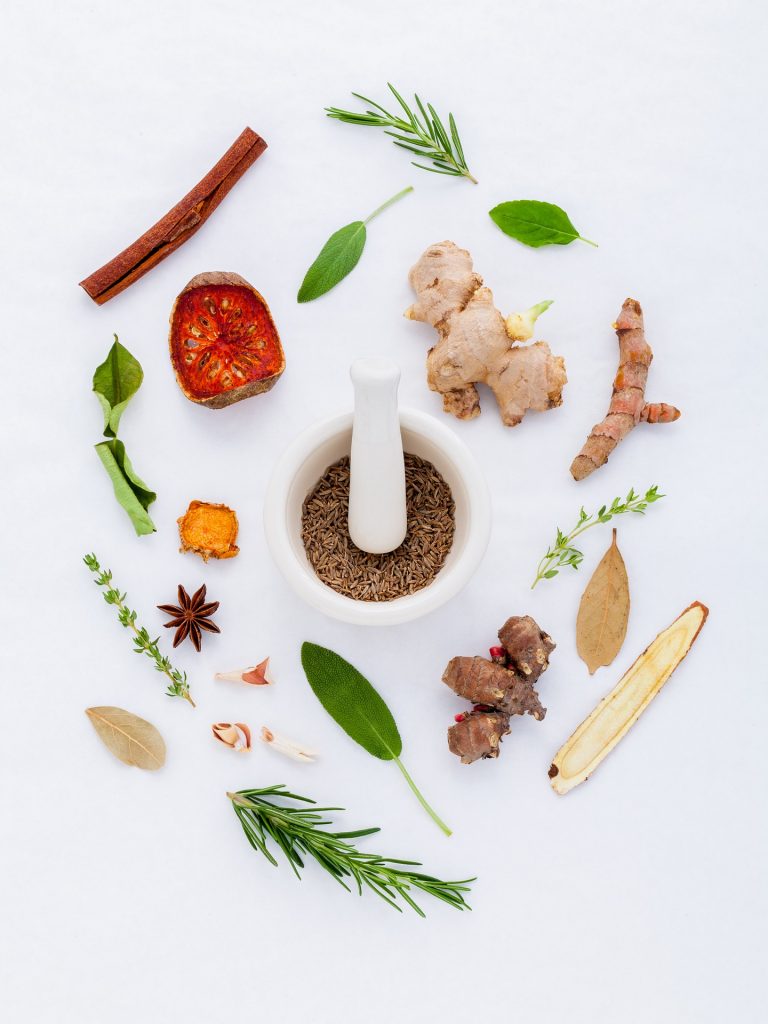
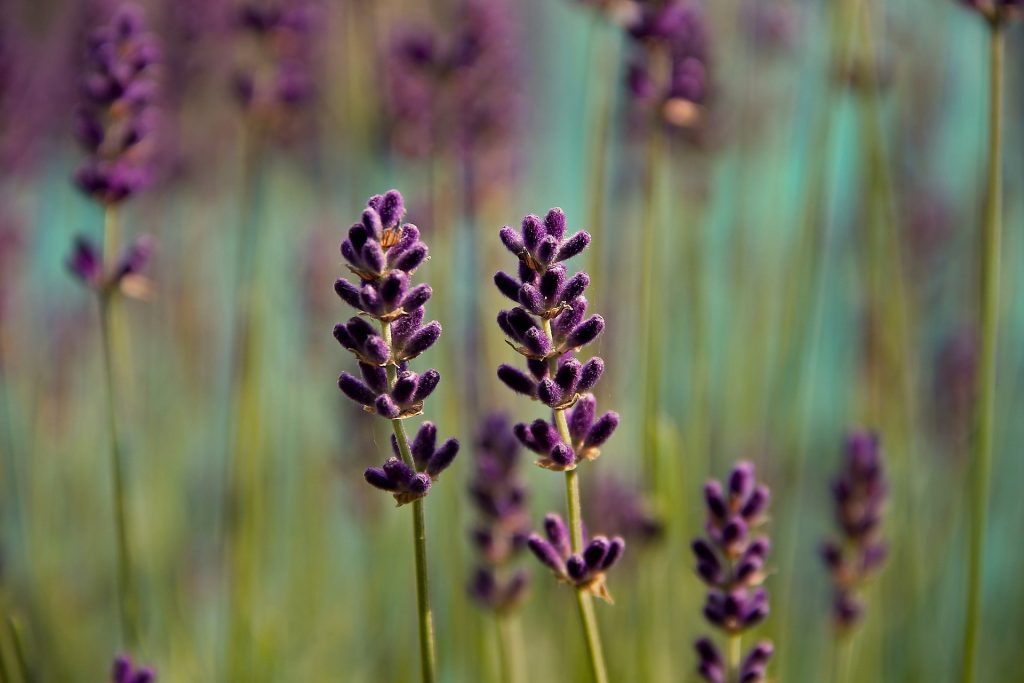
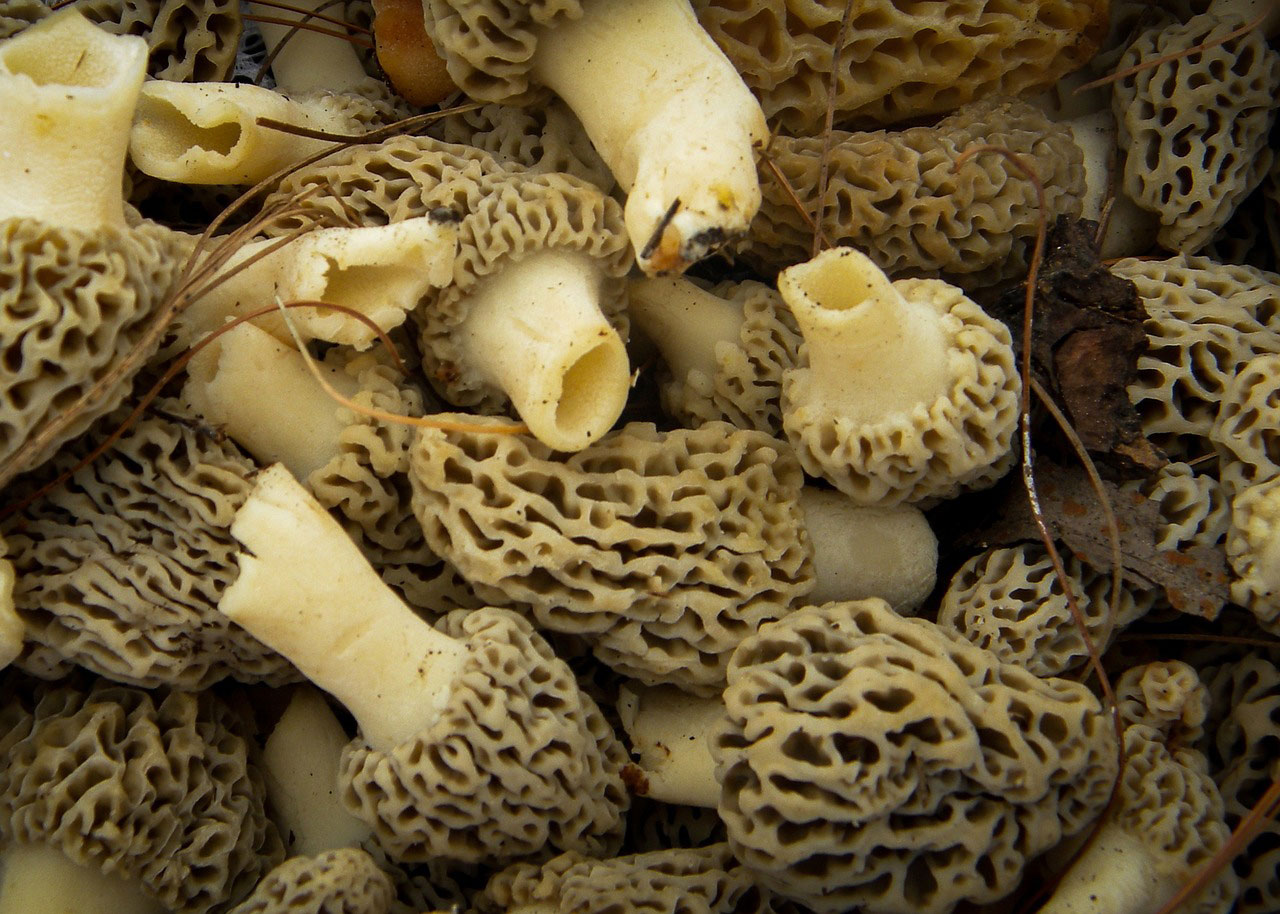
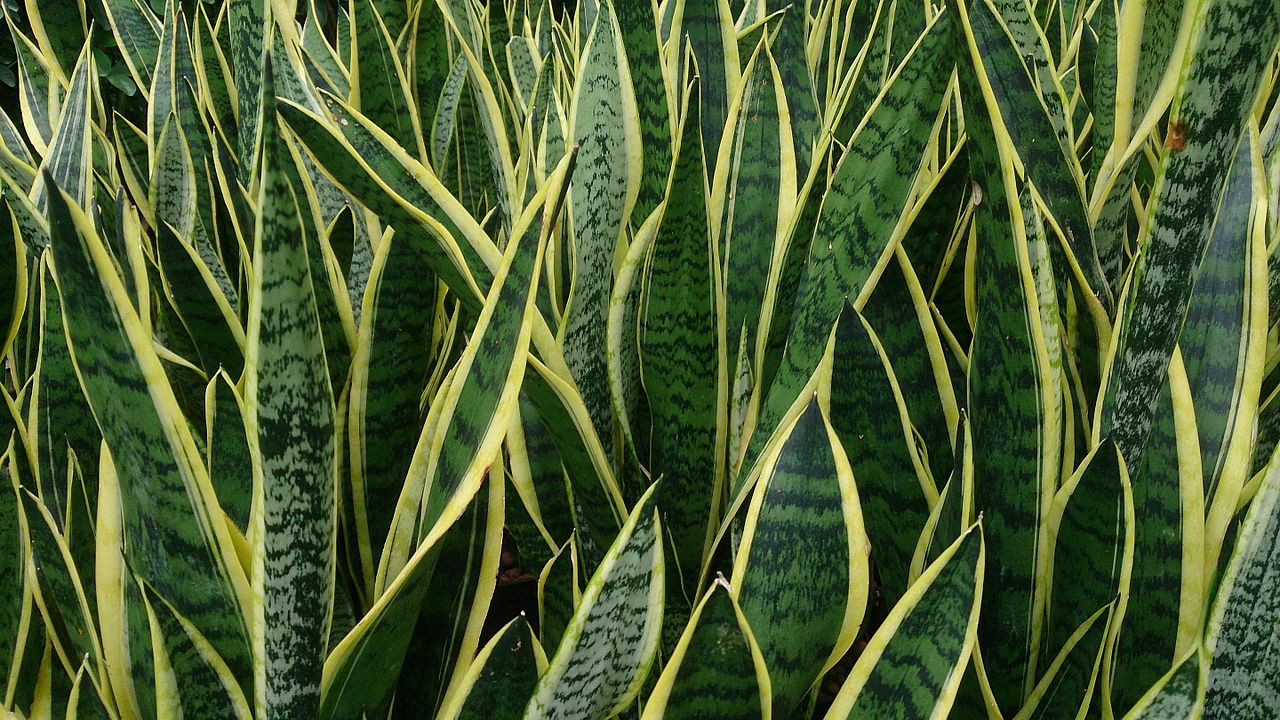
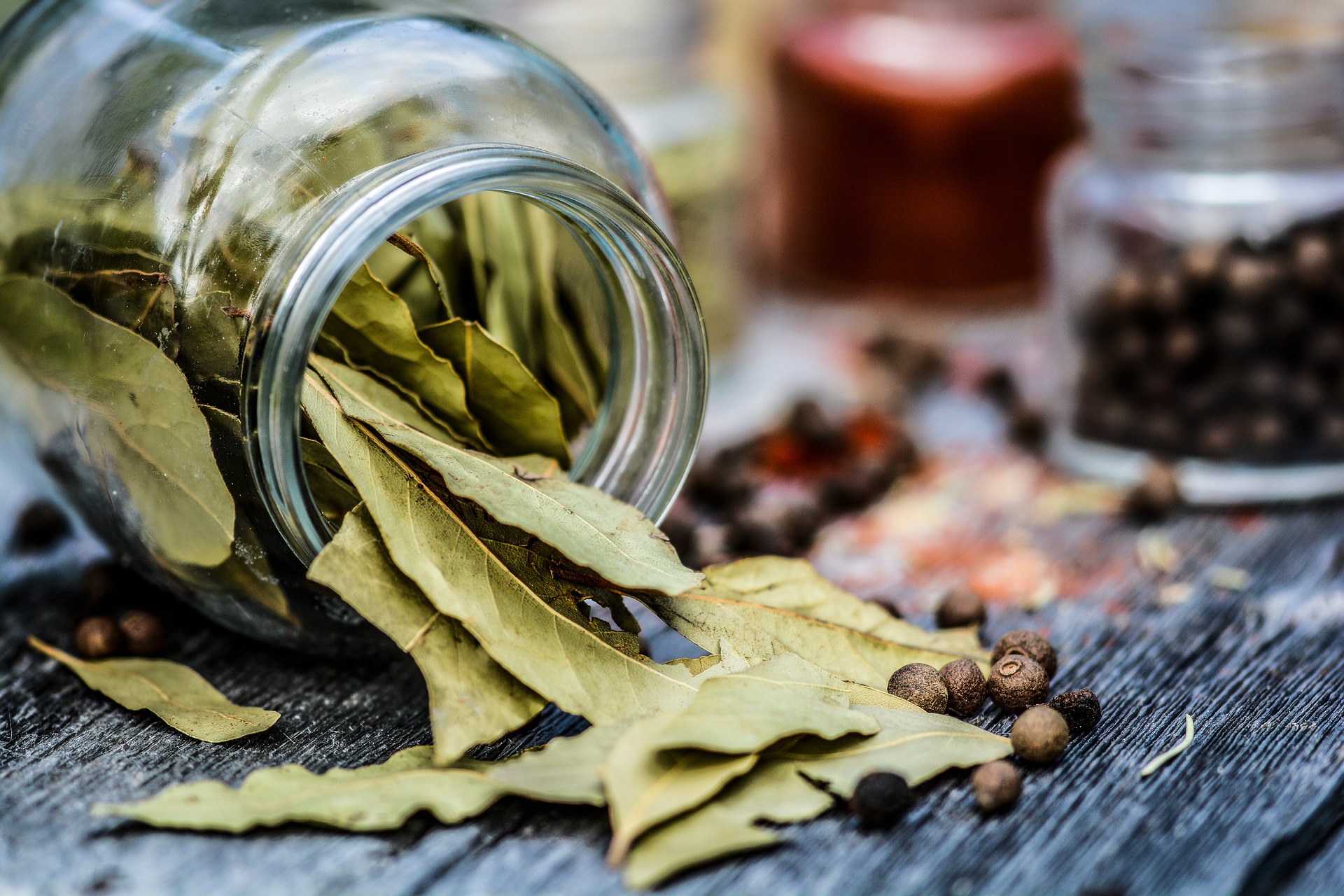
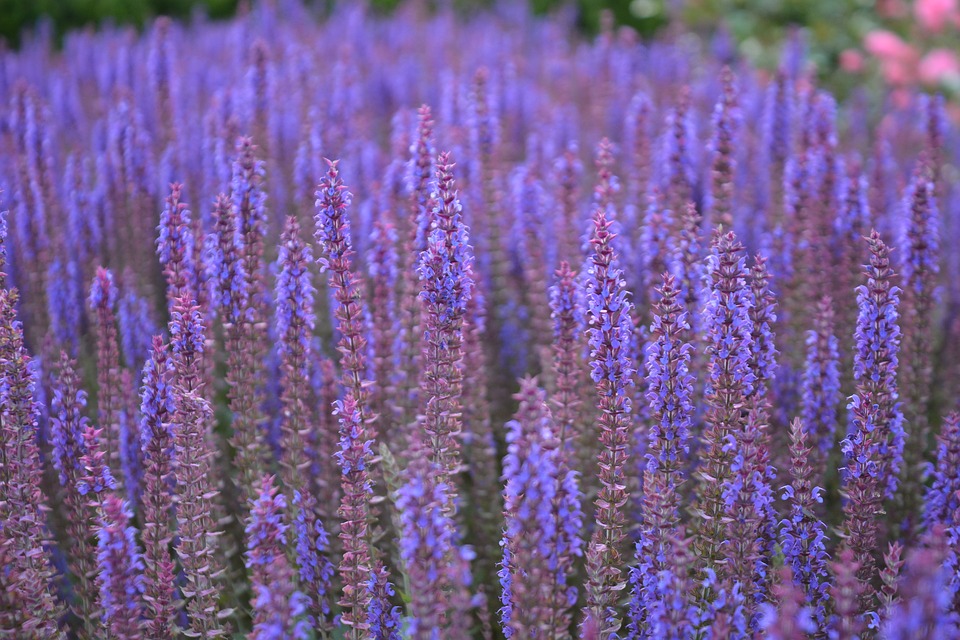
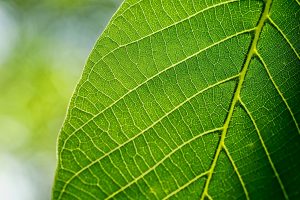

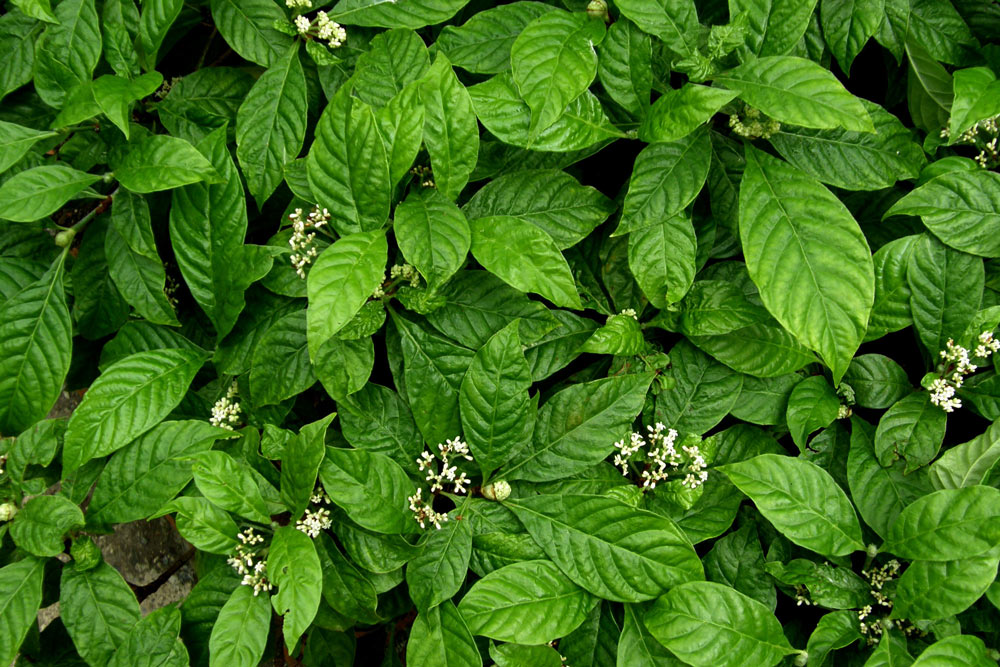
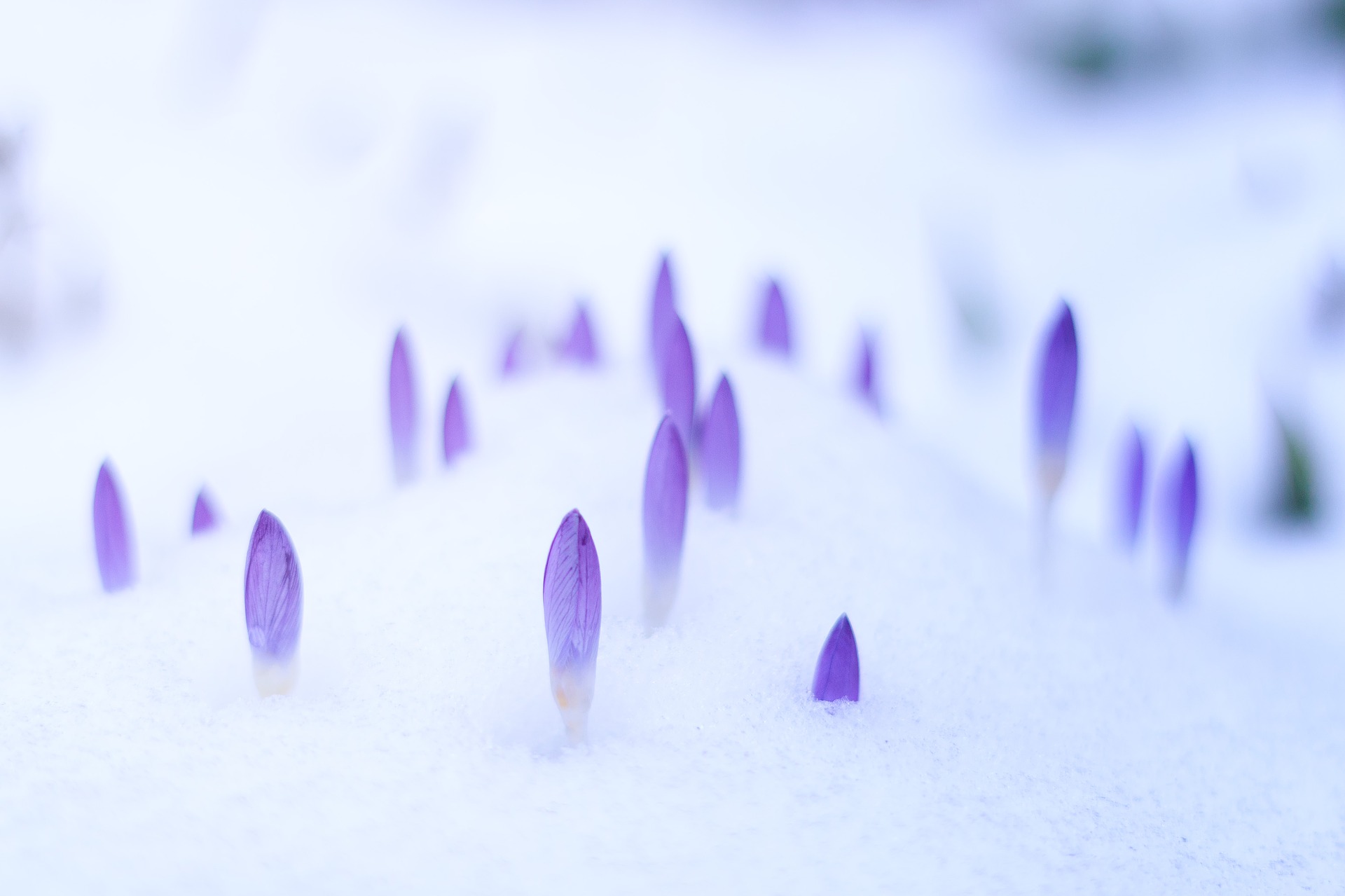
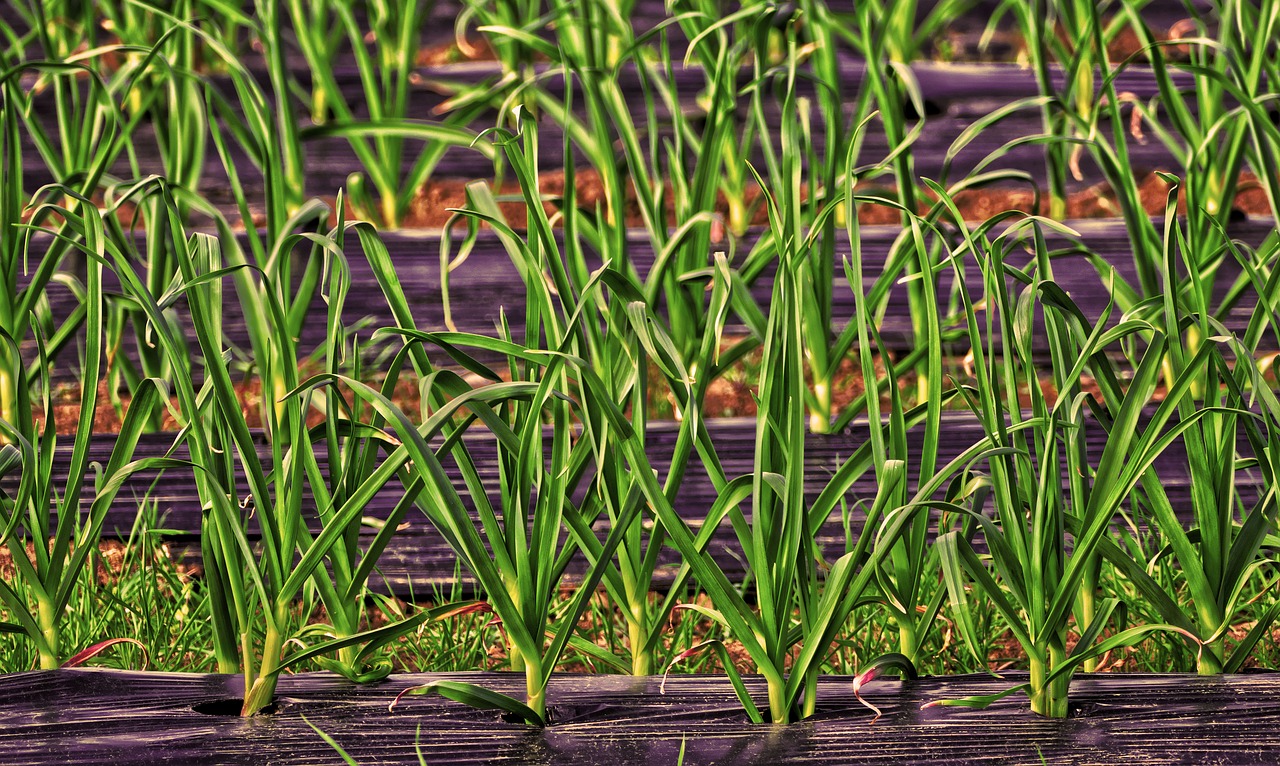
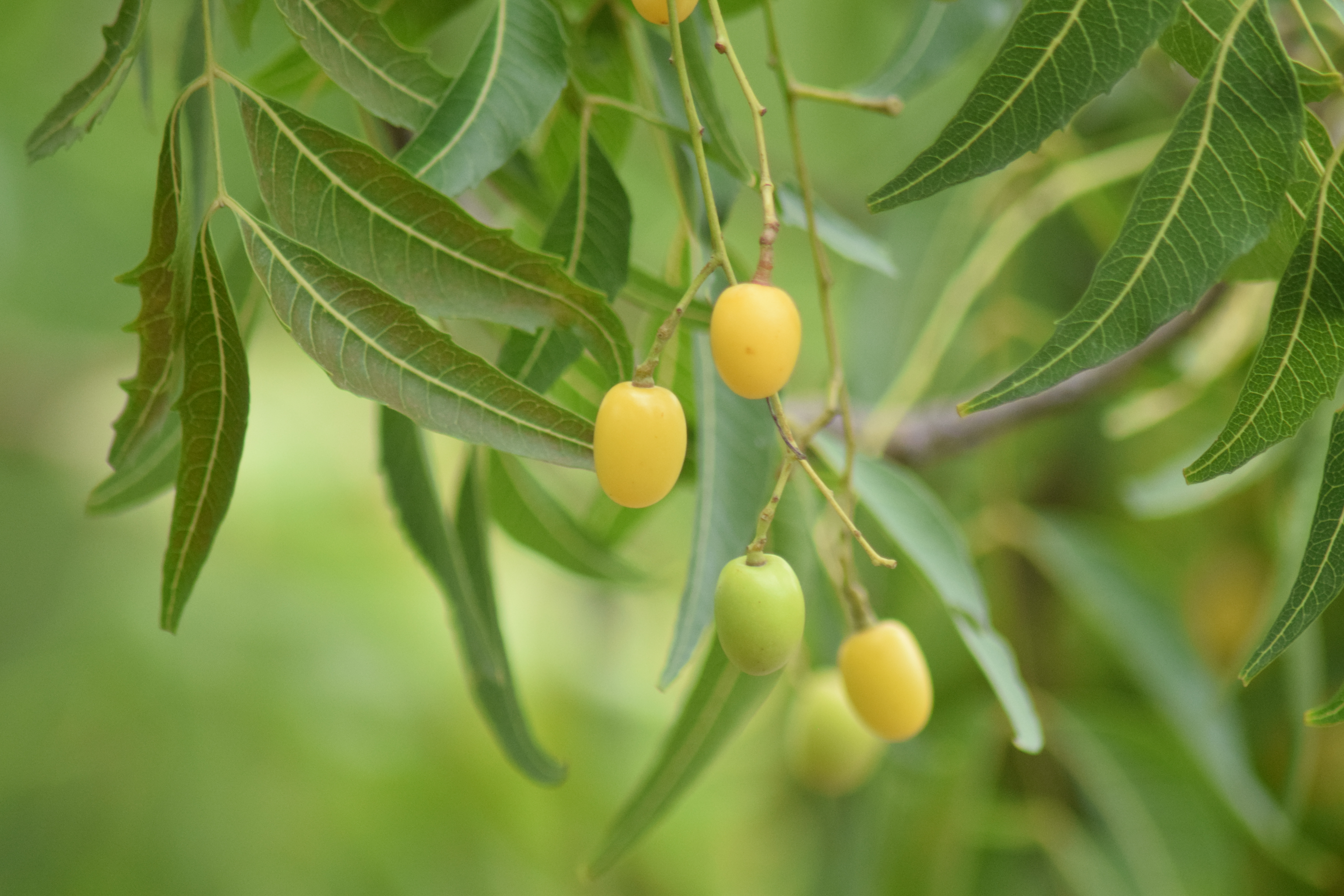
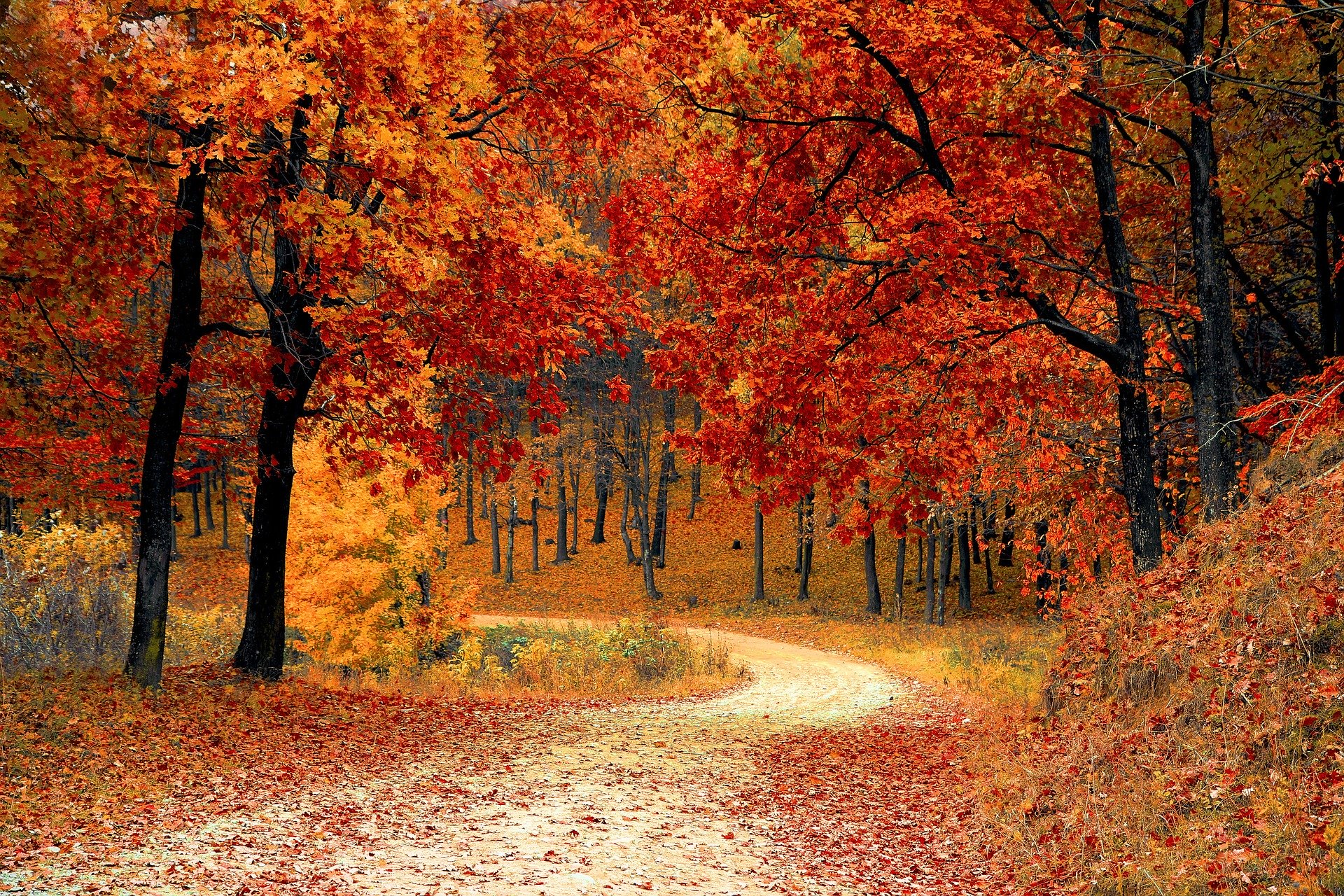
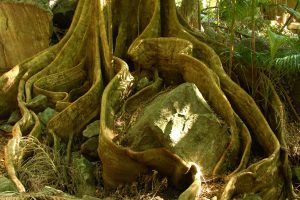
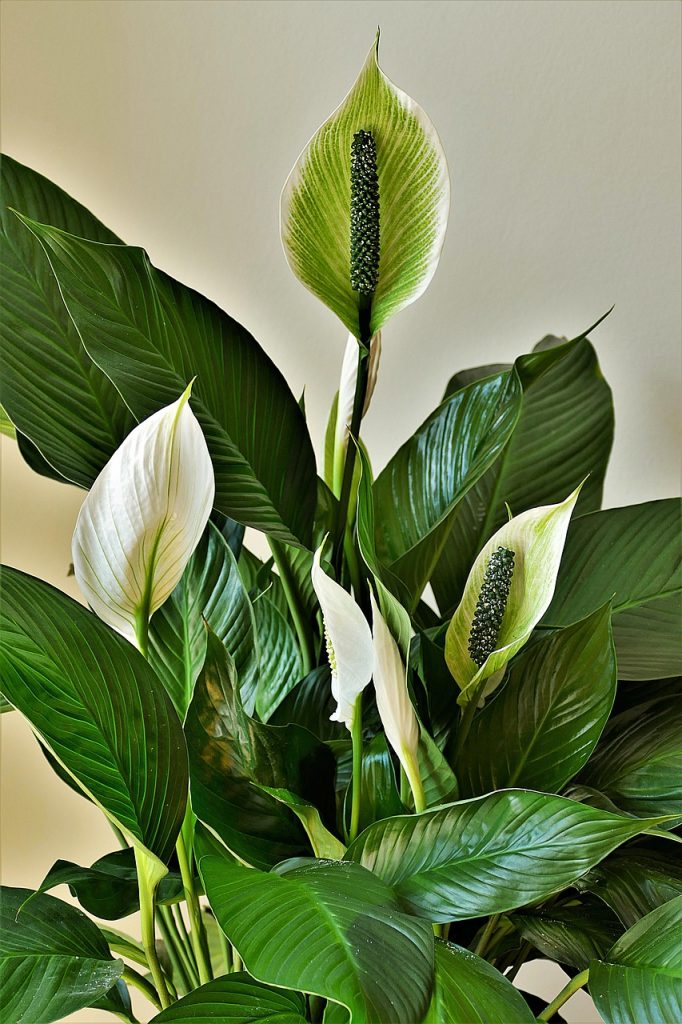
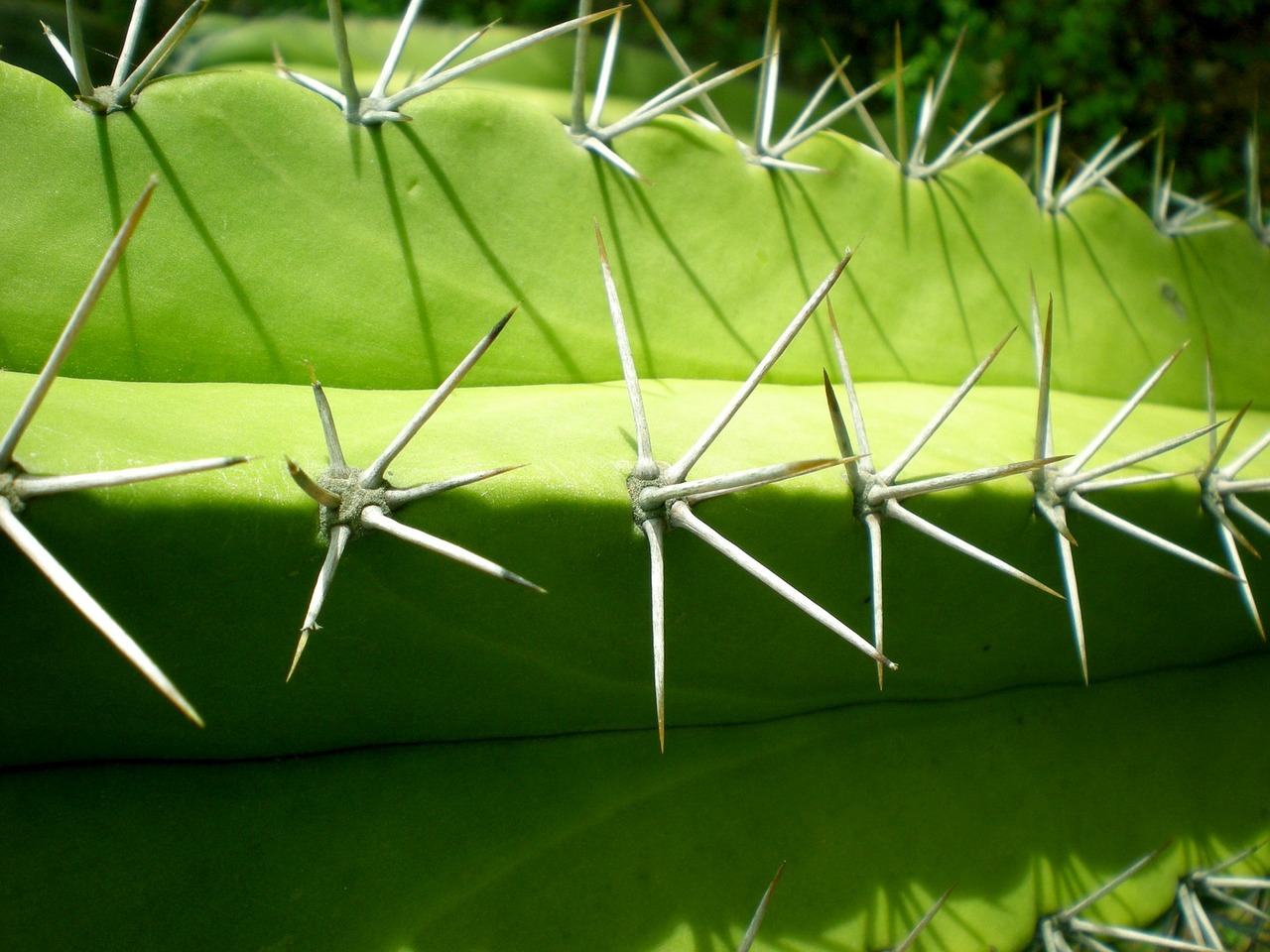
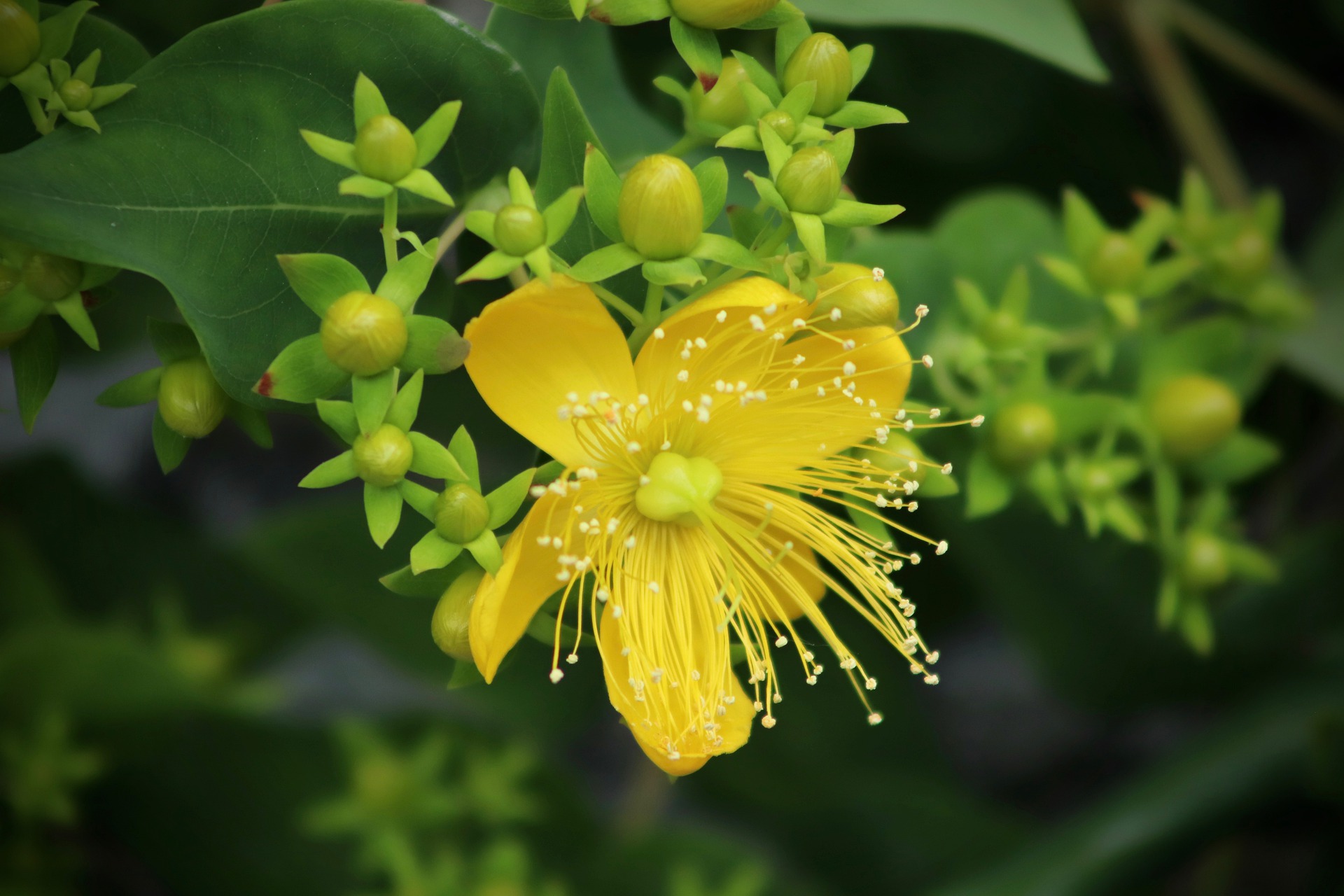
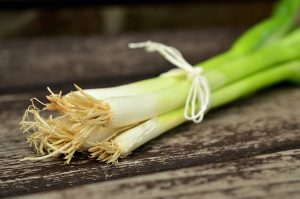
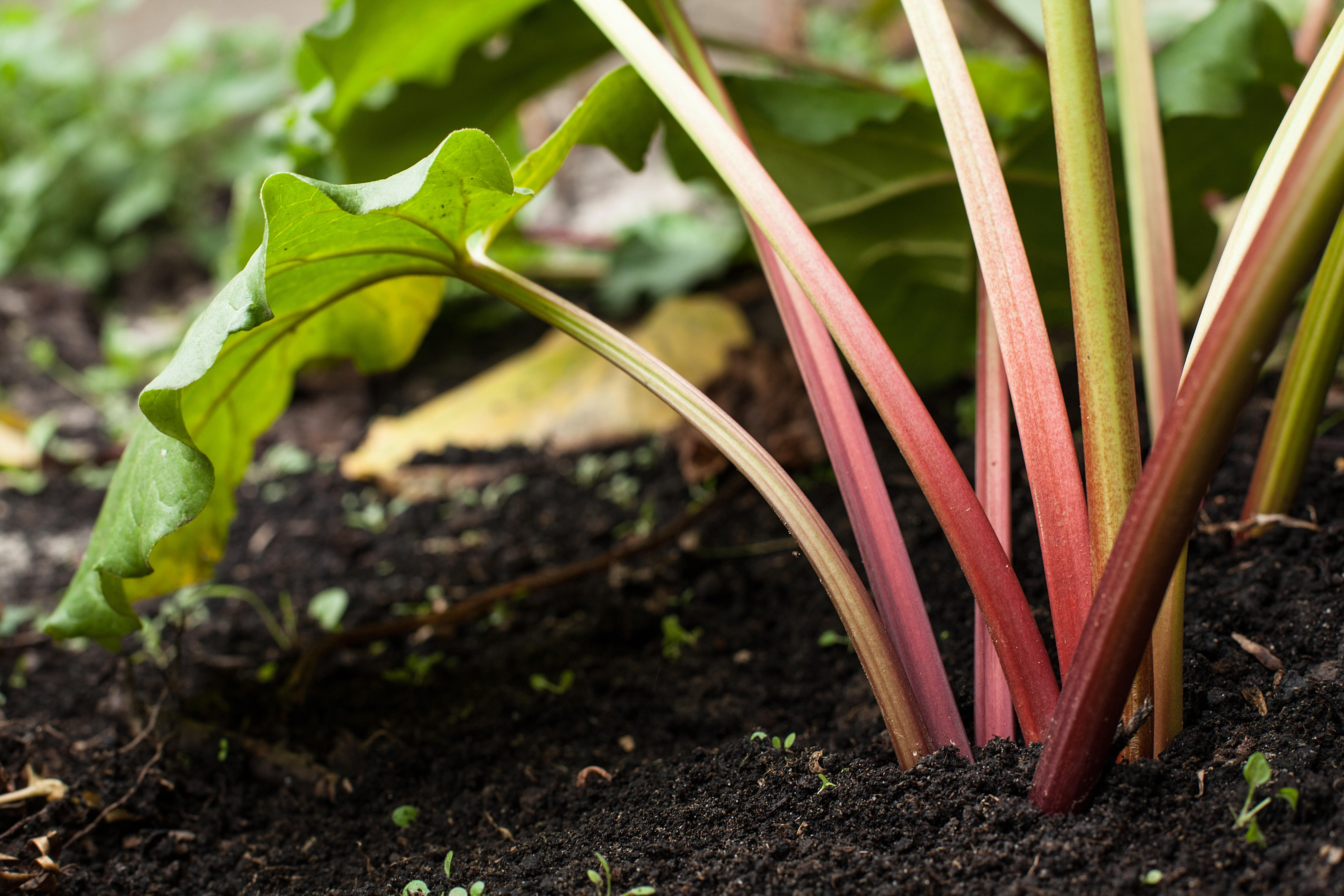
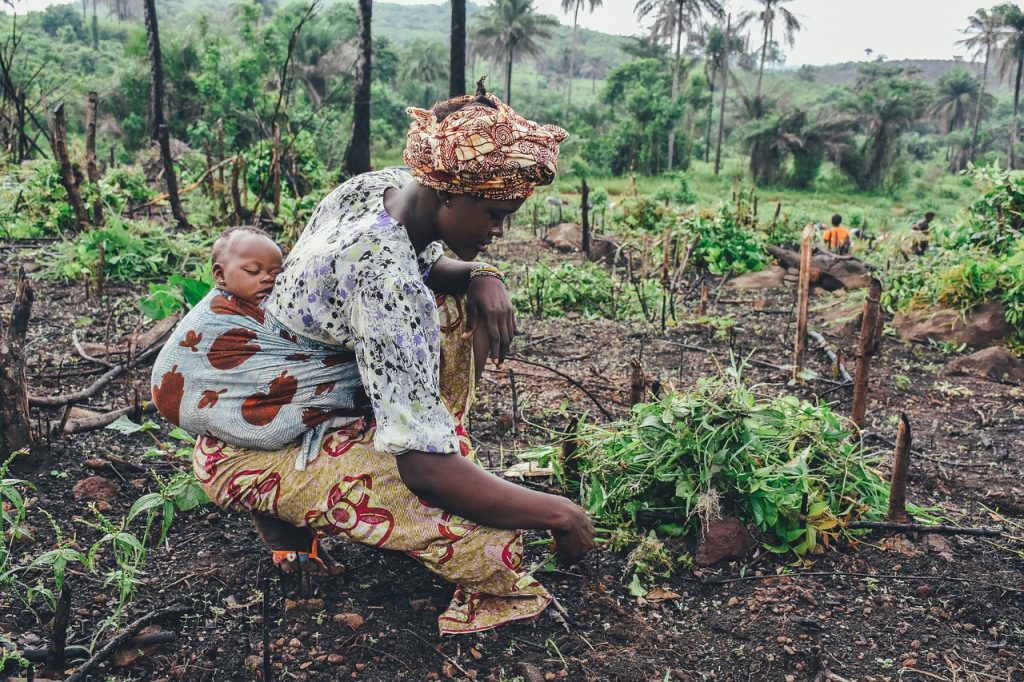
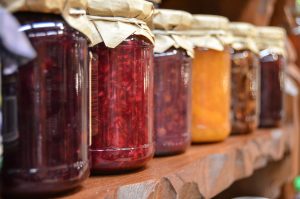
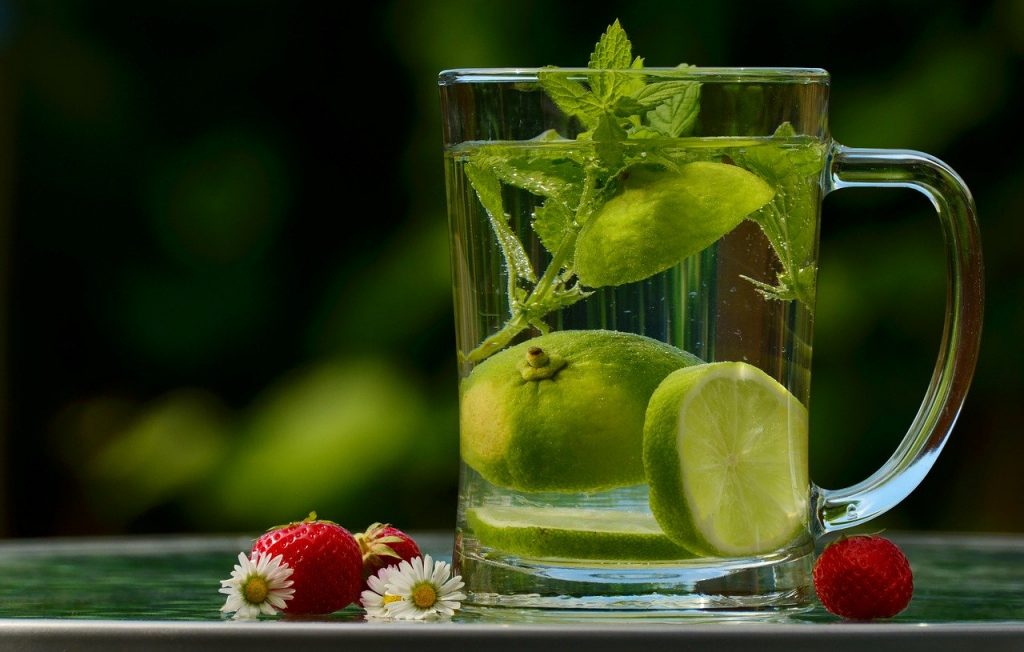
0 Comments